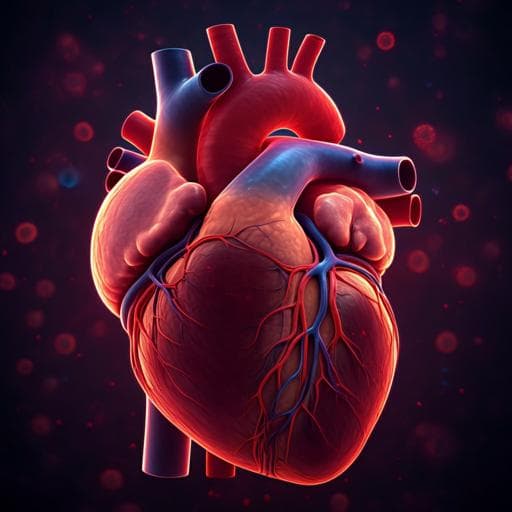
Medicine and Health
Self-assembling human heart organoids for the modeling of cardiac development and congenital heart disease
Y. R. Lewis-israeli, A. H. Wasserman, et al.
This groundbreaking study reveals a method to generate developmentally relevant human heart organoids from pluripotent stem cells, offering insights into congenital heart defects and complex metabolic disorders. Conducted by a team of talented researchers including Yonatan R. Lewis-Israeli, Aaron H. Wasserman, and others from Michigan State University, the work represents a significant advancement in cardiac research.
Related Publications
Explore these studies to deepen your understanding of the subject.







